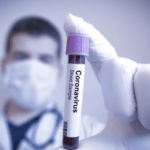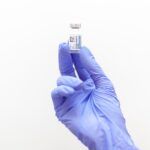The EU will begin vaccination on December 27. This is what the president of the European Commission Ursula von der Leyen has assured on her Twitter account:
It’s Europe’s moment.
On 27, 28 and 29 December vaccination will start across the EU.
We protect our citizens together. We are #StrongerTogether#EUvaccinationdays pic.twitter.com/6VxDumysBL
— Ursula von der Leyen (@vonderleyen) December 17, 2020
Securing doses of future vaccines
The European Commission is working closely with pharmaceutical companies and the European Medicines Agency to ensure that a safe and effective vaccine becomes available as soon as possible. As with any vaccine, they will go through rigorous scientific assessment before they are put on the market.
The European Commission has secured agreements with 6 promising vaccine developers so far, and more may come.
How do COVID-19 vaccines work?
Vaccines work by preparing a person’s immune system (the body’s natural defences) to recognise and defend itself against a specific disease.
Building immunity
Most research on COVID-19 vaccines involves generating responses to all or part of a protein that is unique to the virus that causes COVID-19. When a person receives the vaccine, it will trigger an immune response. Most COVID-19 vaccines require two doses to build immunity.
If the person is infected by the virus later on, the immune system recognises the virus. The system is then prepared to attack the virus.





Leave a Reply